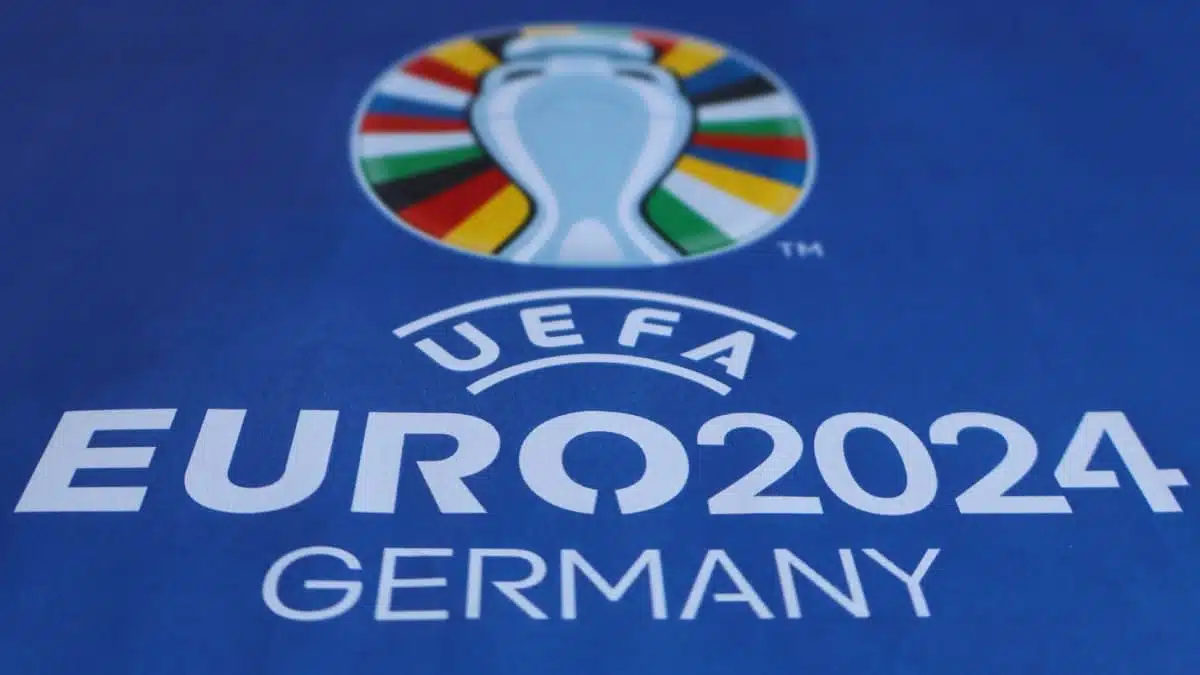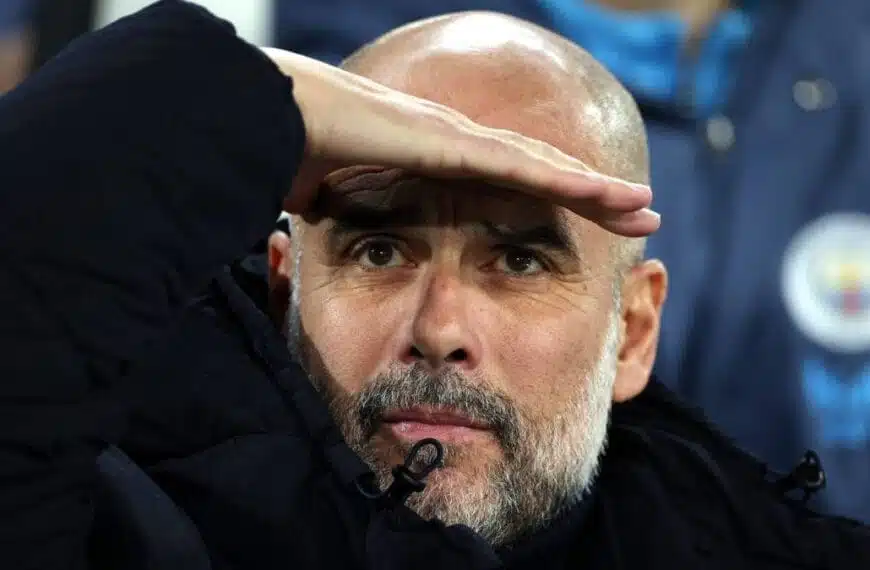To say Italy have enjoyed a stop-start period is an understatement.
After failing to qualify for the 2018 World Cup in Russia, Roberto Mancini was installed as manager and promptly guided the Azzuri to Euro 2020 glory at Wembley and oversaw a 37-game unbeaten streak over nearly three years up to September 2021.
However they failed to qualify for Qatar 2022, Mancini packed his bags for Saudi Arabia and Luciano Spalletti came in, fresh from ending Napoli’s 33-year wait for a Serie A title in 2023.
If their success is anything to go by expect Italy to be well-drilled, press high with lots of energy when they don’t have the ball, and they should be effective in both boxes from set-pieces.
But will that be enough to negotiate what looks the toughest group in the competition and go all the way to become just the second side in history to defend a European Championship title?
Let’s have a closer look.
📰 Table Of Contents
Let’s play a game, shall we?
Name Italy’s strongest starting XI…
Oh really? Well how many have you got then? Oh.
Ok, can you not even do six?
Five?
See, this is the problem with the defending European Champions – they are the absolute definition of a team in transition. Only 10 of the triumphant squad from that fateful night at Wembley three years ago made their provisional 30-man squad this time around.
Gianluigi Donnarumma is back between the sticks, the hero of the Wembley penalty shootout win over England and Player of the Tournament at Euro 2020, but gone are the vastly experienced duo of Giorgio Chiellini and Leonardo Bonucci infront of him.
Also missing is 34-year-old Ciro Immobile who has been left out of the squad after a below-par season with Lazio, despite being named as captain for Spalletti’s first game just nine months ago, while Juventus midfielder Manuel Locatelli and Marco Verratti, now in Qatar, are other big names who will be watching the Euros on TV.
Alessandro Bastoni has shone in defence for Inter and club teammate Nicola Barella will sit ahead of him in midfield as this new chapter of Italian football unfolds. Jorginho is still there in midfield while Gianluca Scamacca will likely lead the line and Federico Chiesa will be flitting about as he did three years ago.
Injuries have robbed Spalletti of promising Spurs left-back Destiny Udogie and classy Atalanta defender Giorgio Scalvini, just 20, suffered an ACL injury on the eve of the tournament.
Can so much upheaval possibly lead to success?
Landed ✅#EURO2024 #Azzurri #VivoAzzurro pic.twitter.com/qz63cPy5ia
— Italy ⭐️⭐️⭐️⭐️ (@Azzurri_En) June 10, 2024
What’s their group like?
Er, well, the designated ‘Group of Death’ at this tournament – in short because three of the biggest powerhouses in European football over the past 20 years have been flung together in Group B the form of Spain, Croatia and Italy.
You might think Albania are only there to make up the numbers, if so, then maybe think again.
Sylvinho (remember him, Arsenal fans?) has revolutionised Albanian football and they finished top of their qualifying group for this tournament, conceding only four goals in eight qualifiers. By contrast Italy scraped second courtesy of a goalless draw against Ukraine in their final game which gave them the edge in the head-to-head standings.
World Cup 2018 runners-up Croatia were another side to finish second, behind Turkey, and certainly appear a little like Italy in that one chapter is closing and the next is yet to begin.
Ballon d’Or winner in 2018 Luka Modric will surely be playing his final major tournament though Josko Gvardiol comes in fresh off winning the Premier League with Man City.
And then there’s Spain, the 2008 and 2012 winners – who won their third straight international title 12 years ago by thumping Italy 4-0, remember.
A few eyebrows were raised when they lost 2-0 against Scotland but they did win the other seven qualifying games to finish top of their group, scoring 25 goals in the process.
Another side who are perhaps not as strong as they once were, however in Rodri they possess one of the game’s most influential midfielders while the experience of Alvaro Morata up front is likely to be sandwiched between the exciting prospects of Barcelona’s Lamine Yamal, who does not turn 17 until the day before the final, and 21-year-old Nico Williams.
Italy start their campaign against Albania on Saturday night, before facing Spain five days later and completing the group stage against Croatia on June 24.
Ready 💙@adidasfootball #EURO2024 #Azzurri #VivoAzzurro pic.twitter.com/9JVnTTBUiO
— Italy ⭐️⭐️⭐️⭐️ (@Azzurri_En) June 10, 2024
Route to the Final…
In addition to the top two in each of the six groups, the four best third-placed finishers will also progress to the Round of 16.
In 2016 and 2020 teams managed to go through to the next stage with three points from their three games. Infact Ukraine made the quarter-finals in Euro 2020 having lost two of their three group games and finished with a negative goal difference.
That all means there is a good chance Italy can make it through to the last-16, even if there were lose to group favourites Spain in their second game. Winning against Albania in their first match looks make-or-break.
Things would be far simpler for them if they could somehow top the group, however. The winners of Group B would face a third-placed side in the next stage, potentially Poland, Switzerland, Ukraine or Turkey – certainly nothing to be unduly nervous about.
There is a good chance though that hosts Germany would form the quarter-final opposition and Portugal might be looming in the last-four.
If they can return to Berlin for the final on July 14 they might find themselves facing a repeat of the final against England, or a Bastille Day clash with France.
Finishing as runners-up would pit Italy against the side which finishes second in Germany’s group, potentially Hungary, though England would likely be lying in wait for the winner in the last-eight with France in the semi-final on that side of the draw and potentially Portugal, Spain or Germany in the Final.
Finishing third would likely set Italy on course to face Portugal or Belgium in the Round of 16, though it might give them a potentially simpler quarter-final against a group runner-up before the big guns convene in the last four.
Conclusion
There are some reasons for optimism. The last time Germany hosted a tournament, Italy won it.
Ok so most of this current crop were in primary school in 2006, but they will have watched Marcello Lippi’s side lift the trophy at Berlin’s Olympiastadion – the same venue where the Euro 2024 final will be held.
A win this summer would also see Italy match the host nation as Europe’s most decorated men’s side, adding a third continental title to their four World Cups.
This is a new era under Luciano Spalletti, and he brought immense joy to the people of Naples using his regimented style, however this feels very early in the cycle for Italy to hit their stride.
He has been in situ for well under a year while the vast majority of his squad have never played in a major tournament before.
Practically everything rests on the opening game against Albania, who have even less experience of major tournaments, remember. Win and that should pretty much ensure a knockout place and give Italy the chance to grow in the other two group games. Anything else and there’s a real chance they are on the first plane home.
We expect to see Italy’s name in the Round of 16 but whether they can make the quarter-finals would appear a coin toss at this stage. They were largely discounted before Euro 2020 too, and proved everyone wrong, but a return to the semi-finals this time around certainly seems like a step too far.
One thing’s for sure, if Italy do manage to defend their crown then it would eclipse anything Spalletti managed with Napoli and go down as one of the most extraordinary successes of all.
Our home for the next month 😍#EURO2024 #Azzurri #VivoAzzurro pic.twitter.com/qxJPCW78iw
— Italy ⭐️⭐️⭐️⭐️ (@Azzurri_En) June 11, 2024












